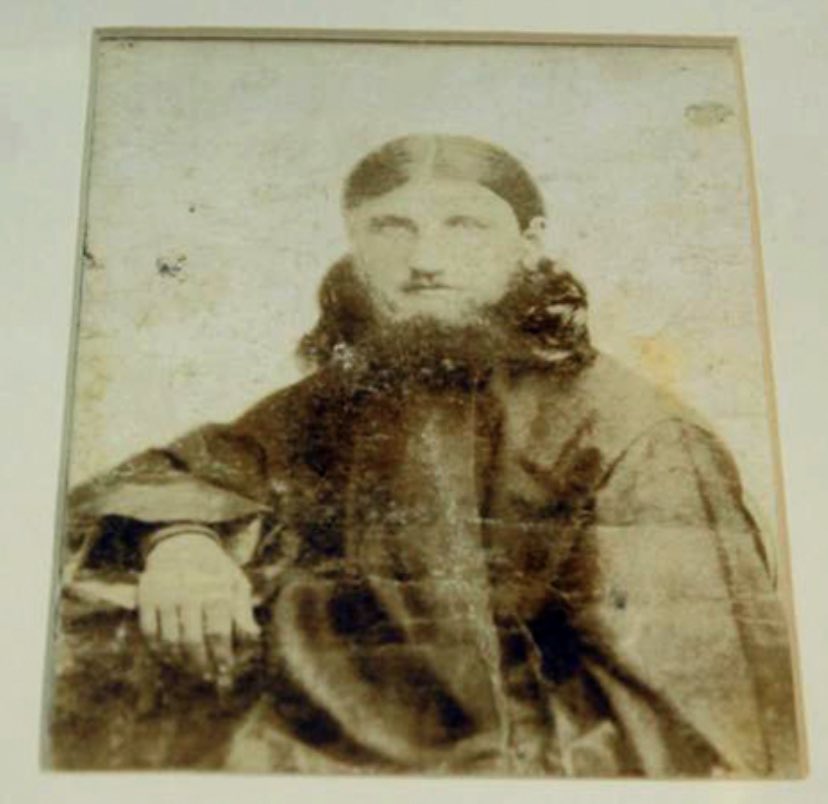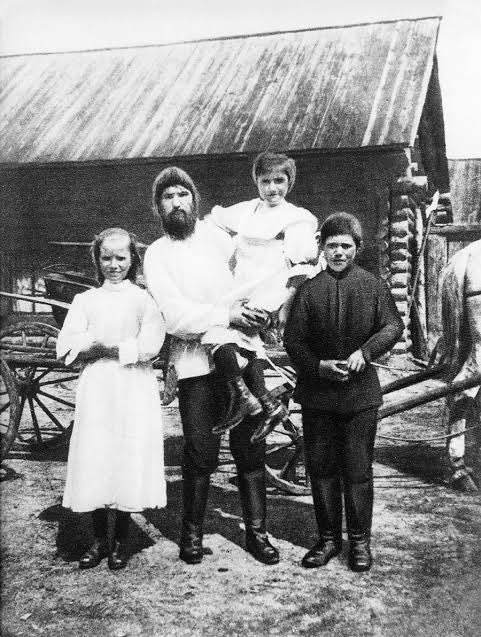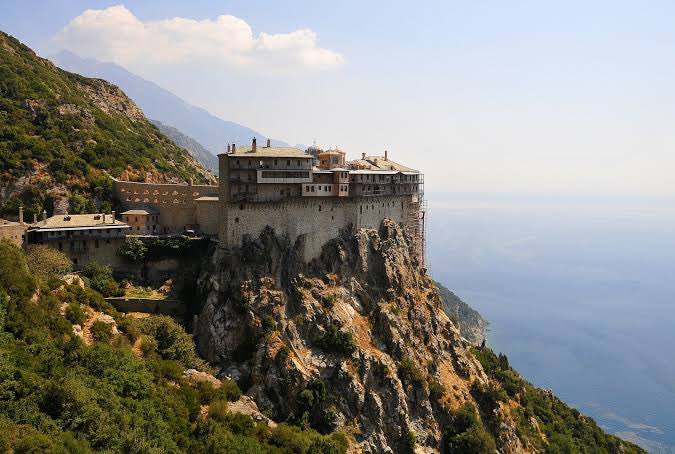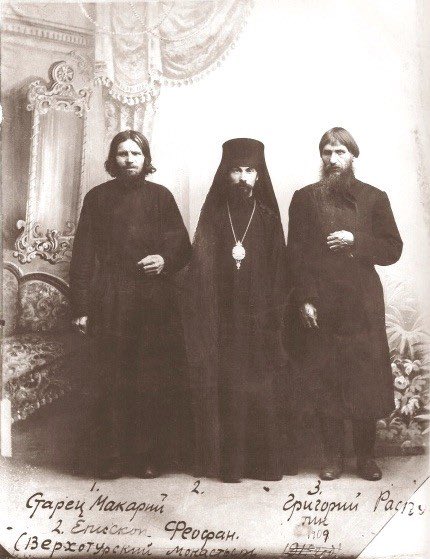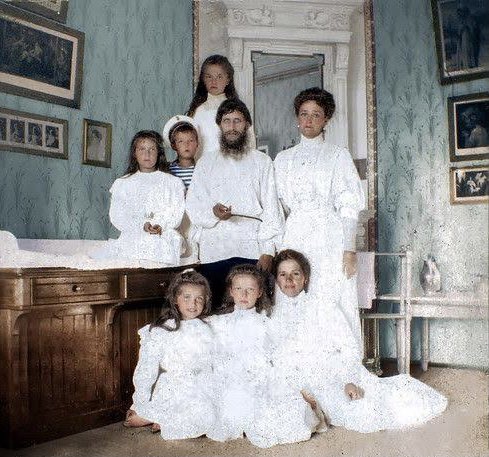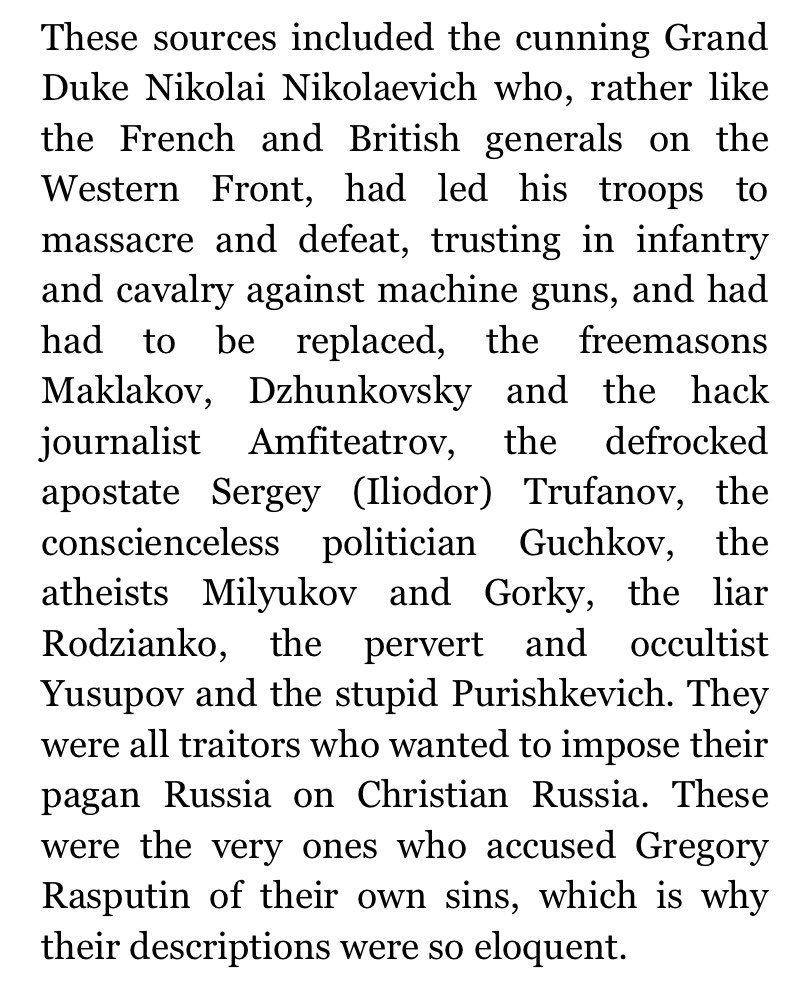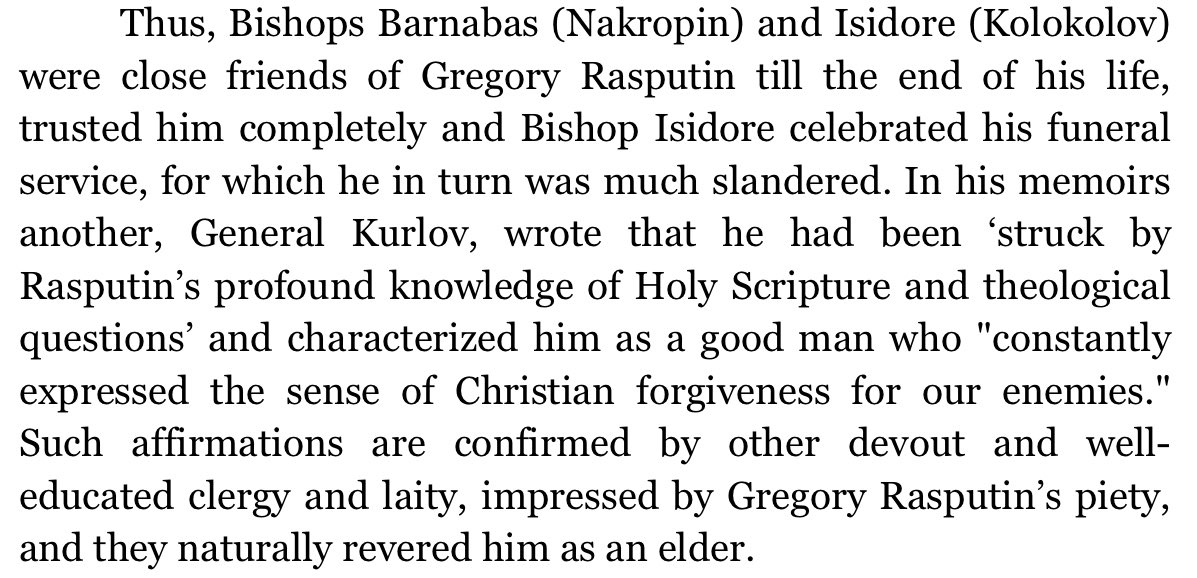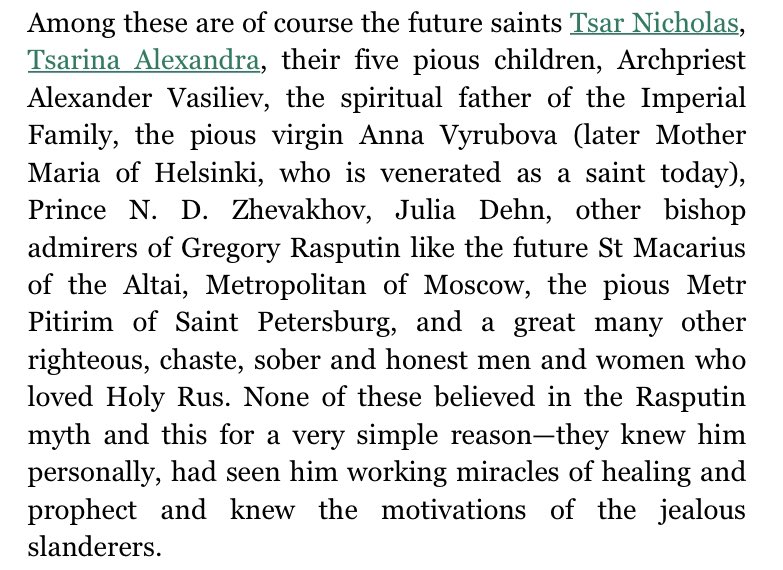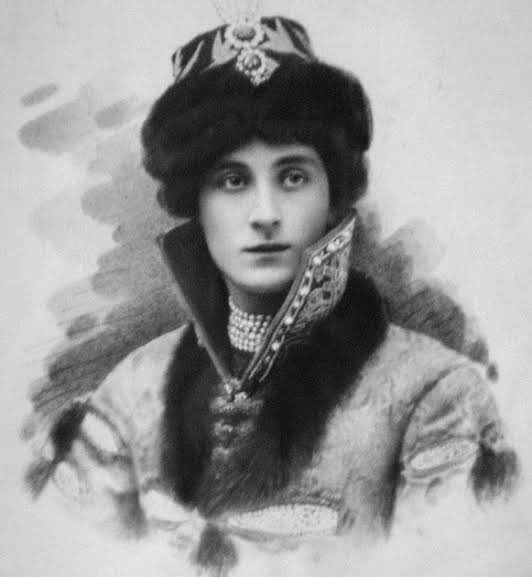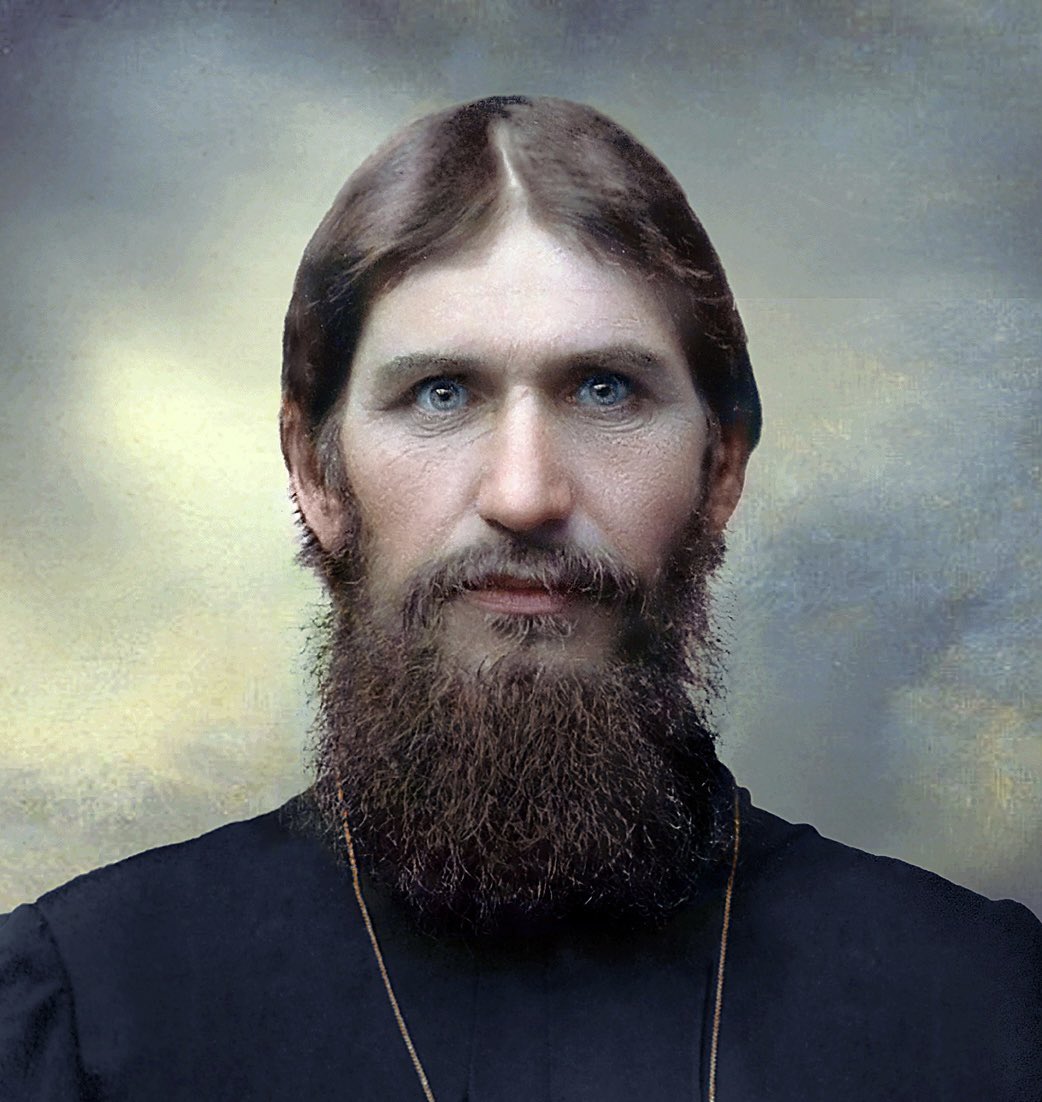“A mad monk, a mystic, a heretic, a horse-thief, a charlatan, a degenerate manipulator.” Much has been said about this mysterious character in history. But who was Rasputin really?
Grigori Yefimovich Rasputin was born in 1869 in the Siberian village of Pokrovskoye. He was born to a peasant family. He never went to school and was virtually illiterate. Young Rasputin was something of a rebel, he drank, indulged in fights, and was caught thieving.
He married a girl named Proskovia in the early 1890’s and had two daughters, Maria and Varvara, and a son Dmitry. His life turned around after he visited a monastery in the Urals, where he converted to Christianity.
He gave up drinking, smoking, eating meat, and began to fast. He would pray for hours and was a very devout man. He set out on pilgrimages to holy places, including monasteries in Russia, Jerusalem, and Mount Athos in Greece.
He appeared in Saint Petersburg in 1903 being a very pious and spiritual man and having a solid grasp of the Scriptures. There, he mingled with the Orthodox hierarchy.
After being recommended by St John of Kronstadt and Bishop Theophan (Bystrov) for his sincerity, he met the Royal Family in 1905. For several years, meetings of the Imperial couple and Rasputin were rare and only became regular at the end of 1907.
Prime Minister Pyotr Stolypin, a man who wasn’t very spiritual at all, invited Rasputin to pray at the sick-bed of his daughter who was hurt during the terrorists’ attempt upon her fathers life in the summer of 1906.
As these events happened, Rasputin’s influence and fame grew, and so the slander began. Stories of Rasputin’s alleged sexual degeneracy were published in newspapers in a Russia without laws against defamation.
These stories were clearly fake, but they “tickled the imagination” of degenerate Russian aristocrats and would remain part of the Rasputin mythology forever.
Rasputin started taking care of Tsarevich Alexei and treating his hemophilia. Thanks to Rasputin, the Heir’s condition improved. That is an indisputable fact.
Rasputin gave good advice to the Tsar and the Tsarina, and their conversations were soothing and warm. He was to them a teacher and a confessor, a holy man who they could trust.
He was slandered by those jealous of the Tsar: rich hedonists and decadents who spread their lies and gossip in Saint Petersburg.
Rasputin was investigated for degenerate and heretical behavior, but no damning evidence was ever found.
Grigori Rasputin was murdered on December 30, 1916 by jealous aristocrats, including the homosexual transvestite and freemason Prince Felix Yusupov, and British spies.
3 months after the murder, under the orders of freemason Alexander Kerensky, revolutionary soldiers dug up Rasputin’s body and incinerated it.
Rasputin was not a degenerate, he was not a thief, a drunkard, a Khlyst, or a mystic. He was not mad, a manipulator, or any other Soviet or Aristocratic myth made up to destroy his reputation and the Imperial Family. He was never a priest or a monk, just a humble and holy peasant

 Read on Twitter
Read on Twitter
